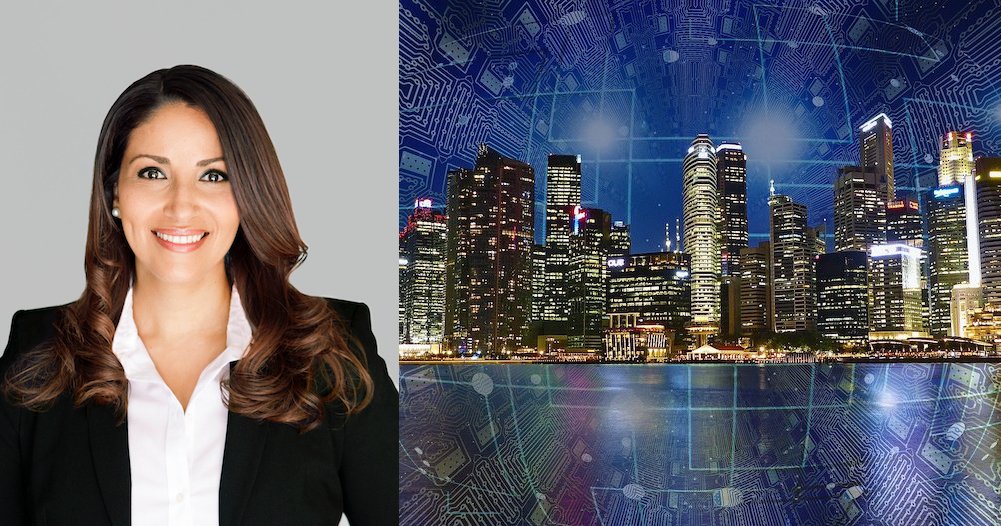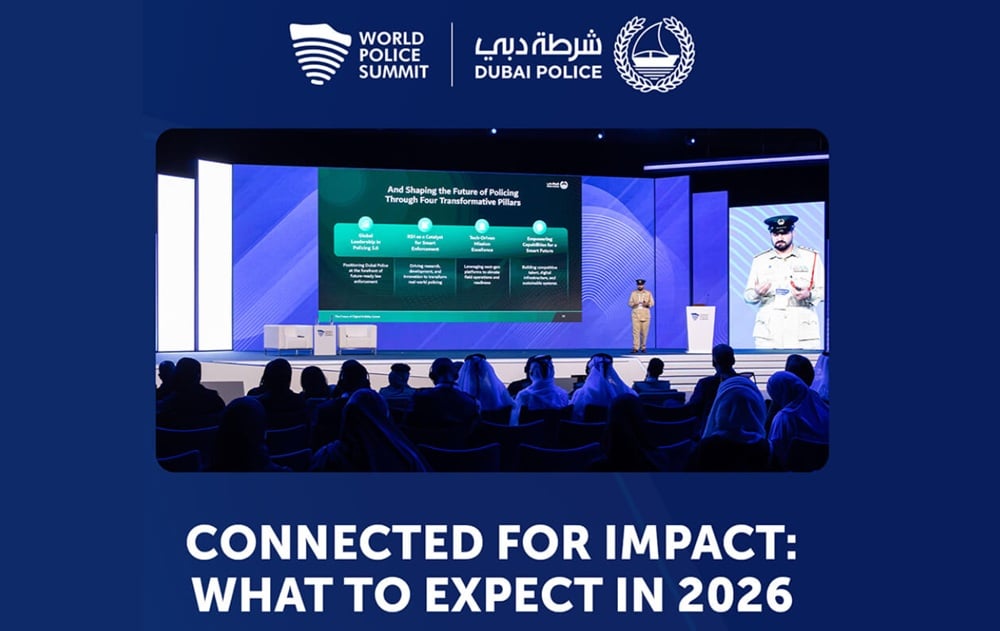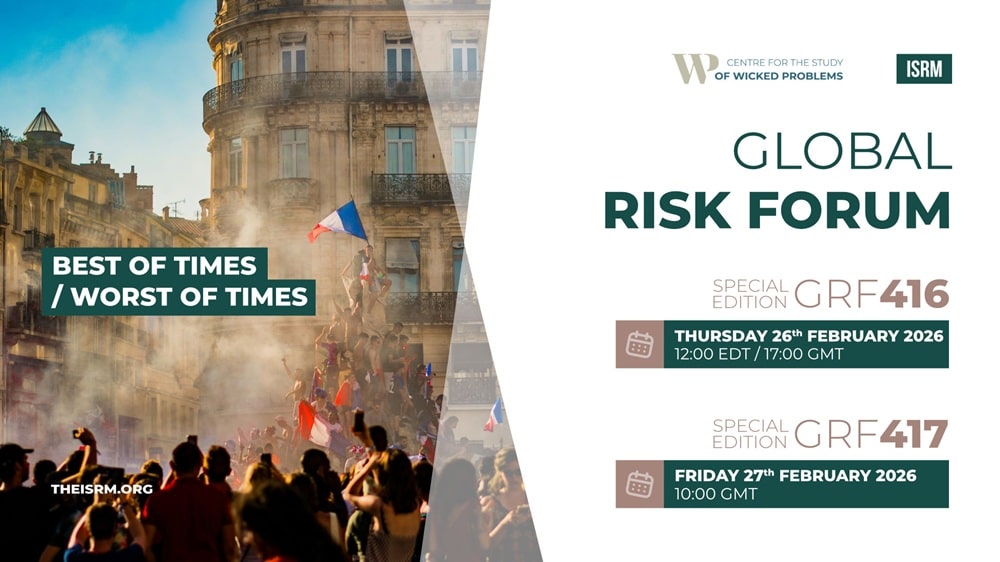Vice President of Genetec, Nadia Boujenoui delves into the value of professional services and the new reality it faces across the security sector
The raison d’être of an IT provider’s professional services is to optimise the performance of the solutions implemented at the customer’s premises, and thus to meet their operational needs as precisely as possible. However, in just a short while with the pandemic, these needs have changed radically, as companies have had to adapt and completely rethink their operating methods to cope with the crisis.
To continue to support them as closely as possible, professional services must also transform their offer and consider trends that have emerged or that have already been underway for several years and that have now accelerated.
Remote services to meet the cloud boom
As a direct result of social distancing measures and the massive use of teleworking, cloud consumption has grown dramatically in 2020 and is expected to continue to do so in the years to come. 57% of companies believe they will spend more on SaaS solutions this year, and 49% on public cloud.
In the physical security sector, where the cloud has traditionally played a minor role, this has resulted in the emergence of hybrid solutions that allow existing solutions to remain on site, move to the cloud for specific applications and gradually migrate systems as needed. This new development does add a layer of complexity to those carrying out complex, multi-system and multi-site physical security projects, including the job of integrators who support them.
For professional services, this means offering services linked to easing the transition to a hybrid or cloud model, but also changing the way these services are delivered and packaged so that they are more consistent with the cloud: remote and longer-term services, covering the entire life cycle of the customer and their experience.
Strengthening cyber security services
At the same time, cyber attacks have increased. Hackers have seen and seized many of the opportunities generated by the rapid and improvised implementation of teleworking in companies during the initial containment. In this context, 90% of companies have seen an increase in cyber attacks. The news of the last few weeks also shows that the trend is not weakening.
Cyber security cannot be improvised. It involves choosing the right solutions, with several layers of protection such as encryption, authentication and authorisation, and acquired from trusted suppliers, recognised for their transparency and the reliability of their products. This is essential, but it is not enough.
To strengthen their cyber hygiene, companies must also consider every integration, every configuration, every password in the deployment and life cycle of their software and hardware solutions. A multitude of risks must be minimised to ensure the best protection.
Professional services are best placed to assist in protecting not only their enterprise customers, but their integrators. Both of whom can be confident that their solutions have been optimised by the people who know them best: the people who developed and market them. To build resilience, companies need to be able to rely on services that assess their current cybersecurity posture, across all components of their infrastructure, and professional services need to take a more proactive approach to building resilience.
Despite the pandemic, the missions of professional services remain the same: to deliver value and minimise risk in the deployment of systems, and then to ensure that everything works as intended over time. But the nature of these services needs to adapt, as deployments are now more open to the cloud and the risks are greater and more present. It is this new reality that professional services must consider.




